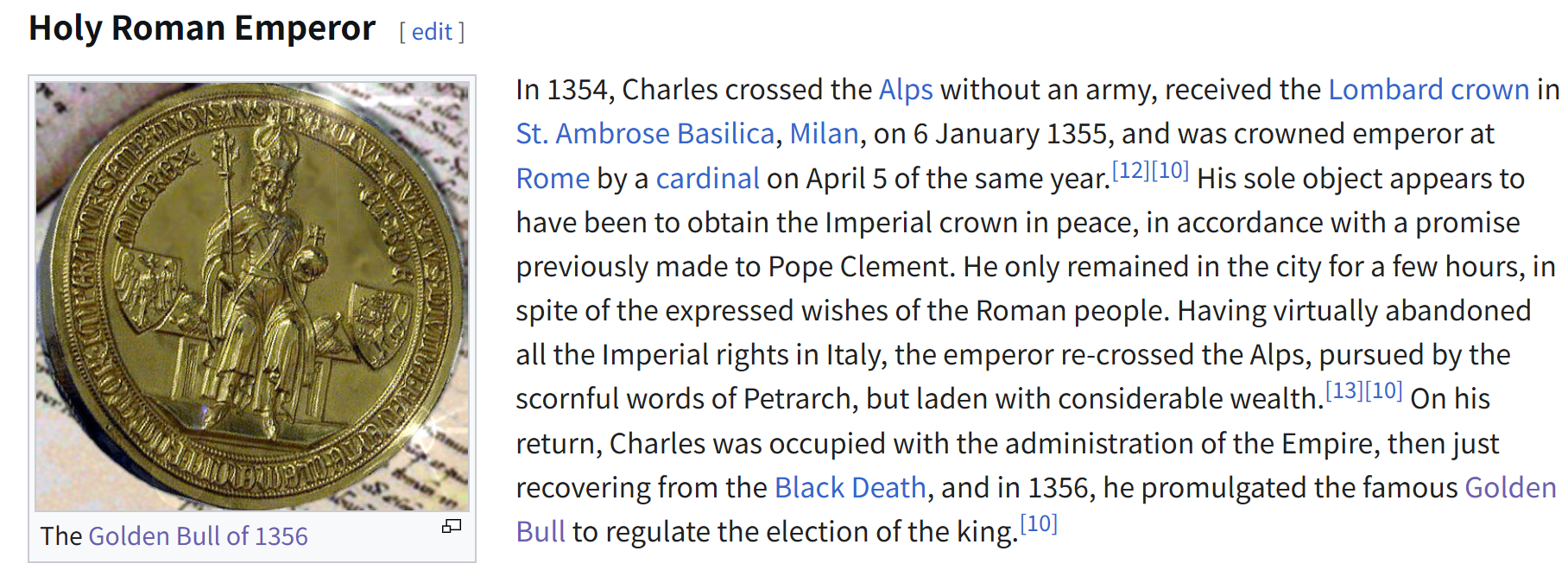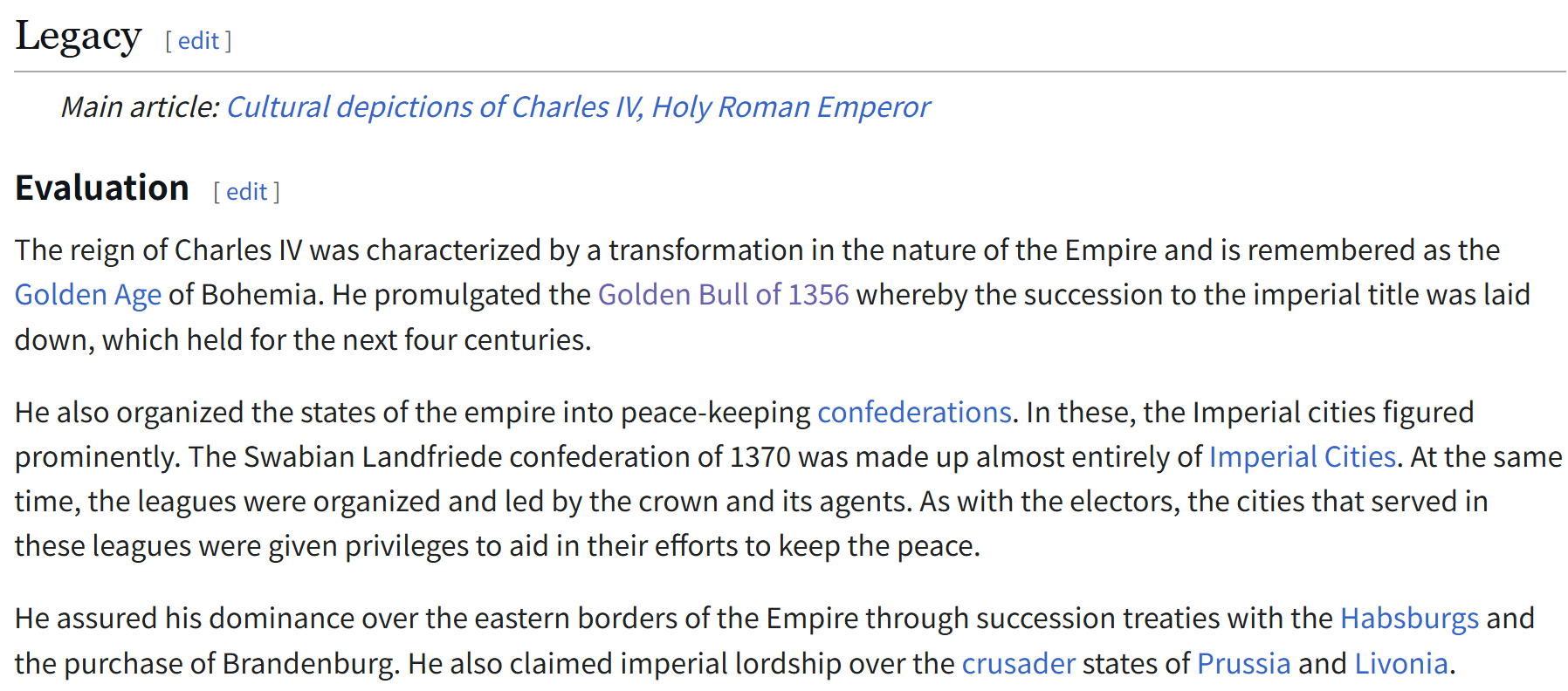Rather than the HRE, France fits the bill much better, the duchies were de facto independent countries...that’s it. People are obsessed quoting Voltaire but during the timeline of the game - in many periods - the HRE was as unified realm as any other.
- 6
- 1
- 1



